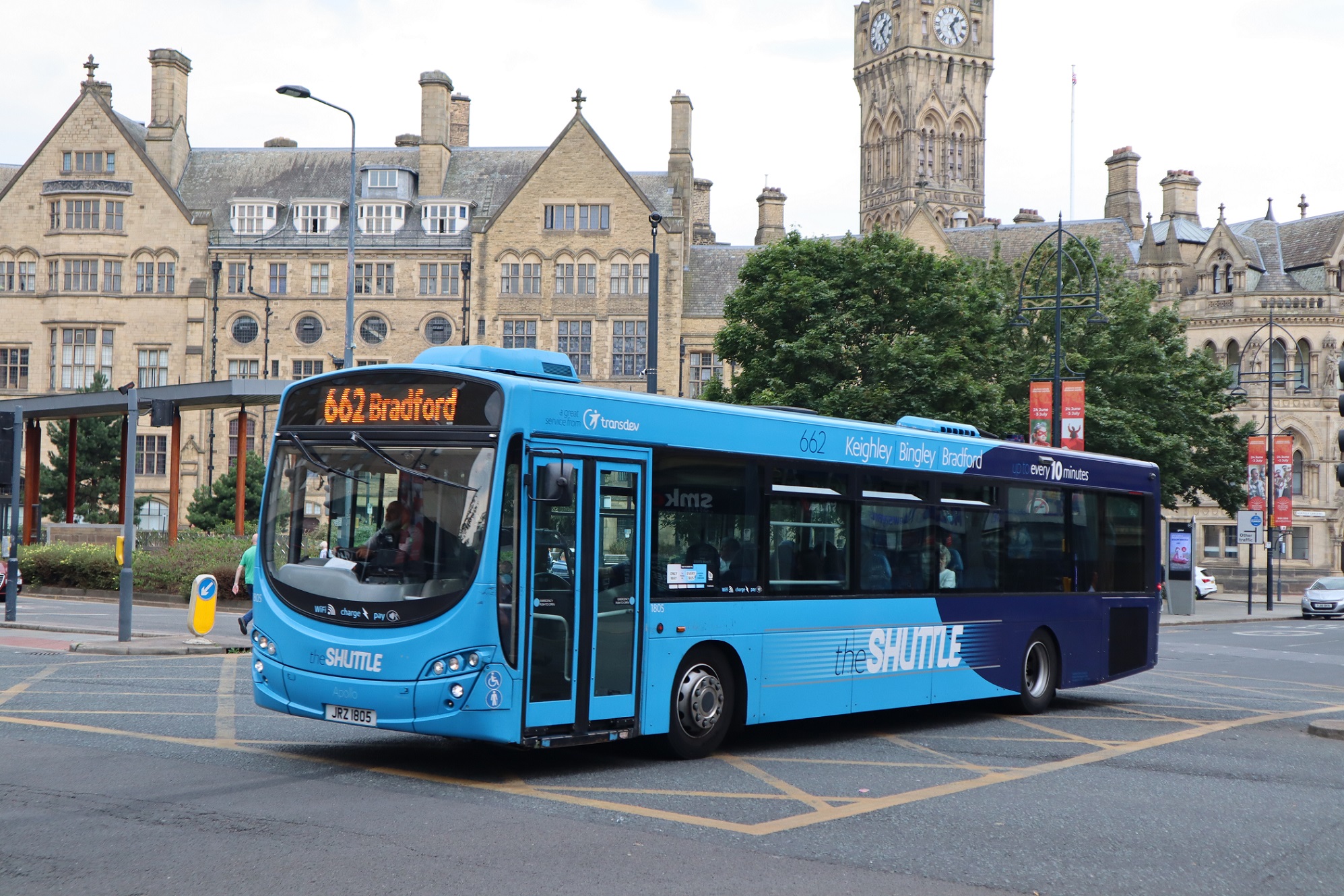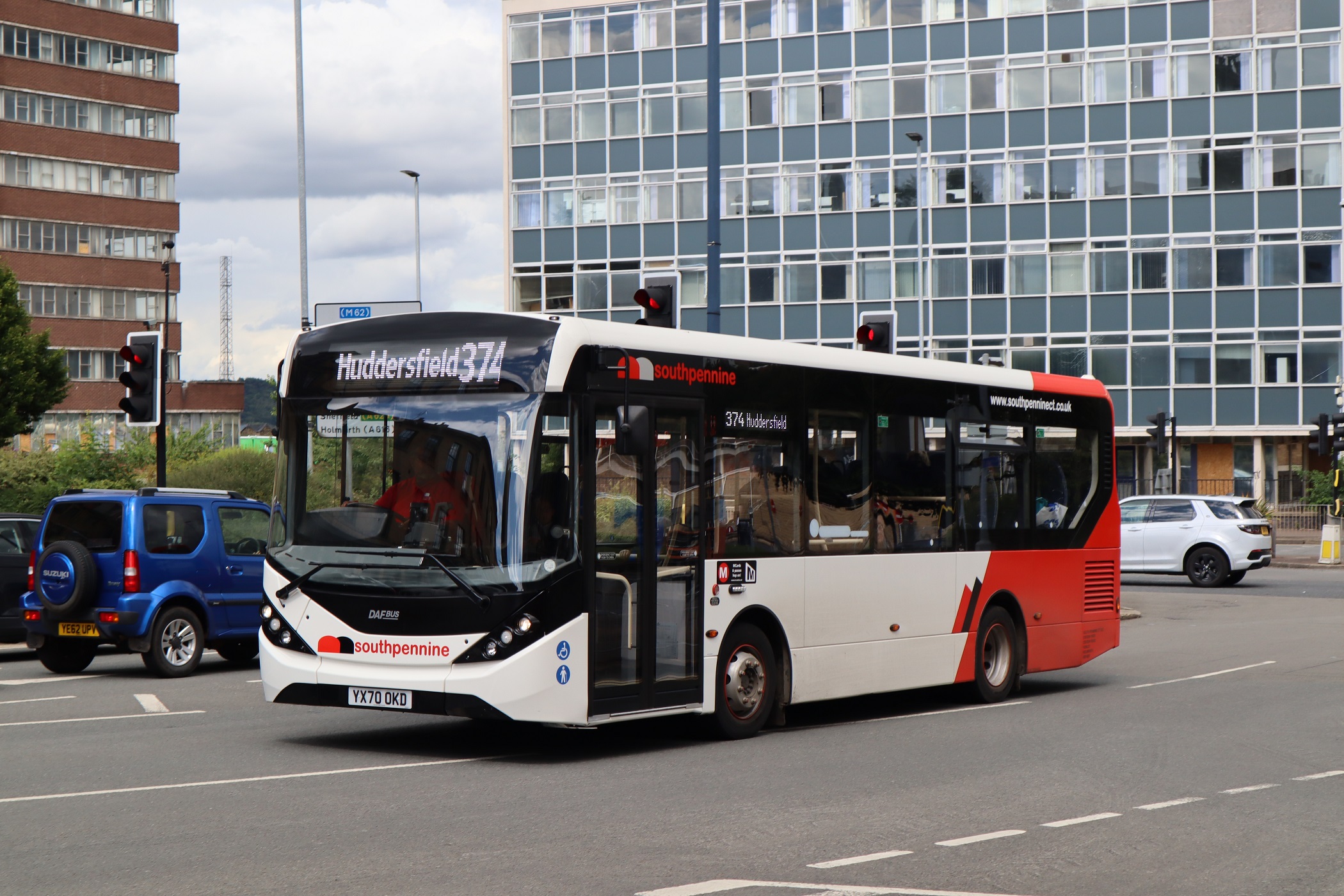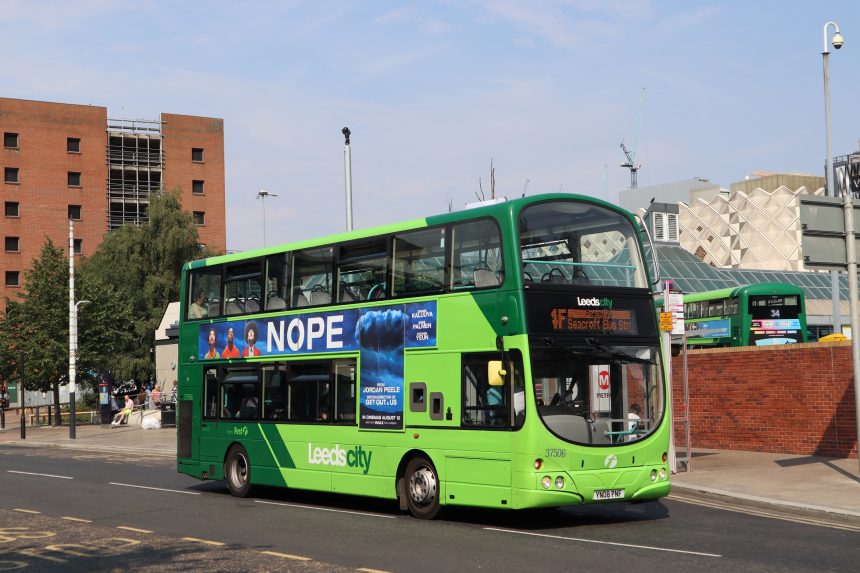Adoption of bus franchising in West Yorkshire looks inevitable ahead of a decision on the avenue for reform, to be made by Mayor Tracy Brabin on 14 March.
Franchising has long been preferred by the West Yorkshire Combined Authority (WYCA), which published its plans for reregulation in October 2023. A report authored by Head of Bus Reform Alex Clarke to go before a WYCA meeting on the same day as Ms Brabin’s decision has underlined that she is recommended to approve that reregulation.
Likely progression will come as a disappointment to a group of operators already active in West Yorkshire that have advocated an Enhanced Partnership Plus (EP Plus) approach to change.
Mr Clarke’s report says that franchising offers “greater opportunity to achieve the Combined Authority’s objectives and ambitions for West Yorkshire compared to the reference case and EP Plus,” although he acknowledges that franchising requires significant capital investment and brings additional “key risks” to WYCA.
Reregulation was identified as the preferred approach in an earlier franchising assessment that was subsequently subject to audit and the outcome of a consultation report. Mr Clarke notes that the audit found “no material concerns with the final assessment,” and that the consultation returned “clear levels” of backing for franchising.

Transition and capital investment costs to deliver franchising in West Yorkshire are acknowledged as being significant, but WYCA says that those, and revenue costs, “remain affordable within the budget available” and under the scenarios considered in the assessment.
The report states that the transition cost for franchising will be £15.1 million over four years, and that what are termed “transition management costs” of a further £5.3 million will be accrued over the same period.
Beyond that, depot investment of £85.5 million and fleet costs of £252 million – which would bring both asset classes into WYCA ownership – would follow over a 15-year period. The latter includes purchase of 868 zero-emission buses, and the former includes preparation of the necessary infrastructure to support them.
If franchising progresses, details of recommended funding methods will be aired in June. However, Arriva used its consultation response to question the depot figure presented by WYCA, suggesting that it does not account for all infrastructure requirements.
Published alongside Mr Clarke’s report is a position paper on how WYCA will facilitate the involvement of SME operators in franchising, if that route is approved. The potential impact on those has been highlighted as a risk to their future viability, and the Combined Authority previously accepted that it was struggling to engage with SMEs on the process.
WYCA now says that a plan to encourage SME participation has been developed. Its position paper suggests that SMEs are already restricted in the deregulated market. The Combined Authority goes on to claim that adoption of franchising will remove barriers for those businesses, and that other measures will be put in place “to help [SMEs] to grow.”

Noted in Mr Clarke’s report is that EP Plus would also represent an improvement over the reference case and that its adoption would impose less risk on WYCA than franchising.
However, EP Plus “is ultimately still dependent on being able to agree its delivery with local bus operators – reducing the level of certainty and control for the Combined Authority,” Mr Clarke adds.
Although letters of commitment have been received from operators, providing confidence in proposed EP Plus interventions, “there remains a risk that not all of the benefits assumed would actually be delivered and maintained.” While both franchising and EP Plus would slow the current rate of patronage decline, it is claimed that the former would do so “to the greatest extent and at better value for public money.”
If franchising is adopted by Ms Brabin, a priority programme outlined in Mr Clarke’s report shows that strategies relating to the lotting approach for contract awards and those governing fleet and depot are part of a six-month work programme. Readiness for procurement of contracts is cited as part of an 18-month horizon.
























